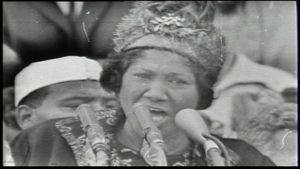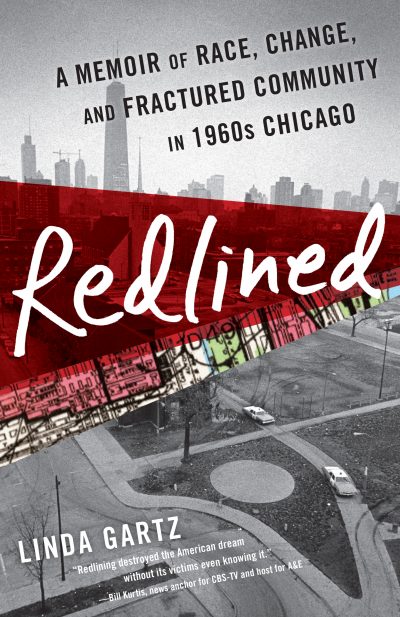Tomorrow we celebrate Martin Luther King Day, a day of honor that was hard fought for, as so many opposed King and his fight for freedom for African Americans and didn’t want to give any credit to a man who galvanized African Americans and many whites too, with his soaring rhetoric and memorable metaphors.

Martin Luther King Jr. greets the throngs at the March on Washington, 1963
I’d like to revisit a few of those metaphors and send links that I hope will show the power of Martin Luther King’s words, which had down-to-earth meaning for my family in our racially changing community. I’ll also include a link to a piece on the powerful music that fueled the Civil Rights Movement with joy and forward momentum.
“March on Washington for Jobs and Freedom” August 28, 1963

More than a quarter million people participated in the Aug. 28, 2963 March on Washington
One of my favorite extended metaphors that King used in his Dream speech at the March on Washington was that of a “bad check.” (click on the above link to read the whole speech).
I’ve highlighted the way King lets his metaphors flow to their natural, logical conclusion.
The power of metaphor
There are more metaphors embedded within the overarching one of a “bad check” in this section, referring to the “Banks of justice,” wherein lie the “vaults of opportunity” This is the brilliance I find throughout this speech and so many of Martin Luther King Jr.’s speeches. Metaphors like these help us to understand our encompassing world. They change the way we think about and provide insight into events, people, movements, even every day events. They broaden our minds. (See more here)
King declared that when the “architects of our great republic wrote the magnificent words of the Constitution and the Declaration of Independence, they were signing a promissory note to which every American was to fall heir.”
This was a promise that all men, yes, black men as well as white men, would be guaranteed the inalienable right of life, liberty, and the pursuit of happiness. It is obvious today that America had defaulted on this promissory note insofar as her citizens of color are concerned. Instead of honoring this sacred obligation, America has given its colored people a bad check, a check that has come back marked ‘insufficient funds.‘
But we refuse to believe that the bank of justice is bankrupt. We refuse to believe that there are insufficient funds in the great vaults of opportunity of this nation. So we have come to cash this check, a check that will give us upon demand the riches of freedom and security of justice.”
You can read the whole speech from the link above. Re-reading his great oratory is a perfect way to honor King on this holiday that took almost two decades to be approved.
“Little black boys and black girls will be able to join hands with little white boys and white girls as sisters and brothers.”
To read my original post on how this section of Martin Luther King’s Dream speech had personal meaning for our family after the first Black family moved onto our block just two months before the March on Washington. Read: “Martin Luther King’s Dream and Chicago’s West Side.”
“Music of a Movement” by Dan Rather and Elliott Kirschner
Read this excellent piece on how the power of music helped fuel the Civil Rights movement. Listen to the great Mahalia Jackson sing and the glorious harmony of Morehouse College Glee Club performing “We Shall Overcome.”

Mahalia Jackson sign “I’ve Been ‘Buked and I’ve Been Scorned.” at the March on Washington.
For more:
If interested in more about my family’s lives before, during, and after the racial changes in our West Side Chicago neighborhood, please pick up a copy of Redlined: A Memoir of Race, Change, and Fractured Community in 1960s Chicago.
Available in libraries and everywhere books are sold. In today’s book banning world, it gives insight into the injustices of redlining.
Soon to be an audiobook! Stay tuned!
Check here for more than 170 great reviews on Amazon.
Redlined tells a first-hand story about a West Side Chicago family’s personal struggles and dreams intersecting with the racial upheavals of the 1960s.

ORDER NOW:
